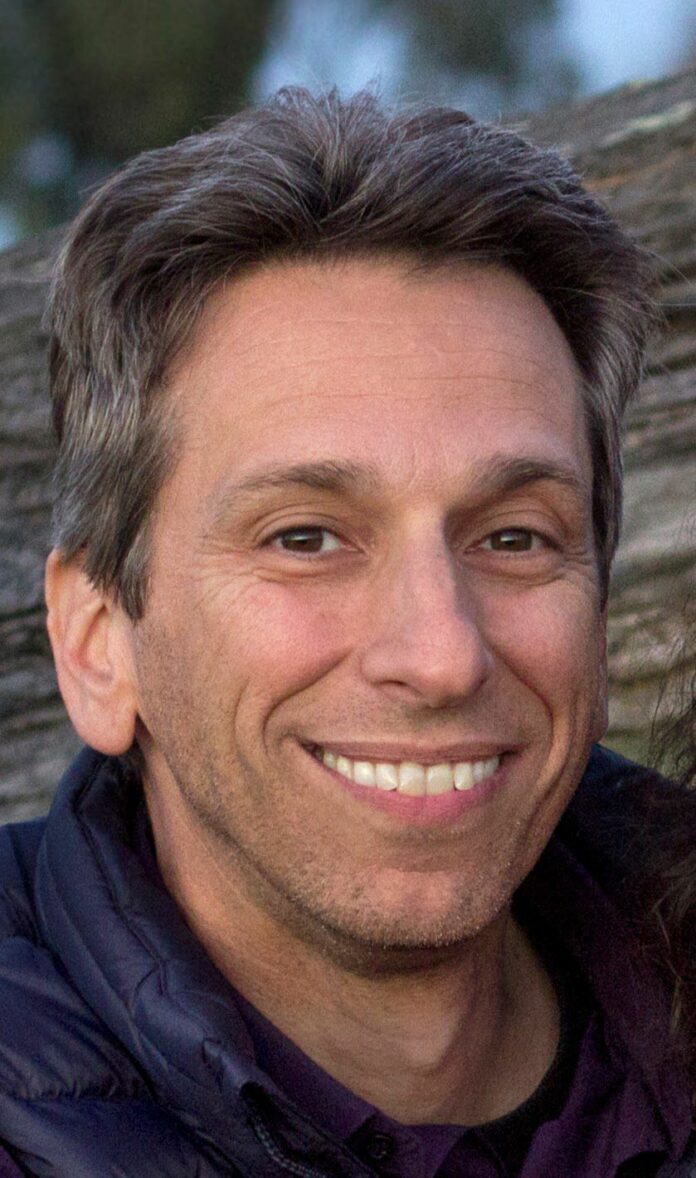One day, when I lived in Poland in the early 90s, I was detained by a police officer who pulled me over in the Tatra Mountains for some minor traffic violation. In getting my driver’s license and registration, he decided I needed to be breath tested at the police station. Puzzled, I went along in the back of the police car, tested 0.00 alcohol content, and the entire staff at the station apologized profusely as we got to talking.
The original officer admitted he brought me in because he had never heard a non-Pole speak conversational Polish and frankly, he thought I was drunk, only pretending to be American, which he had seen often. In the Polish language a non-native accent was highly suspicious. In Poland, the size of New Mexico, visitors rarely speak Polish. In such a homogenous country a sense of community is strong and it is not a huge stretch to see one’s neighbors as brothers and sisters.
Accents in the languages we Americans speak are hardly worthy of note with dialects as infinite as our many origins. With our diversity so wide, it is understandable that our identity, history and politics are complicated. In my Human Geography class we talk about centripetal versus centrifugal forces, those keeping us together versus those pulling us apart.
As to the former, we can take pride that our foundations are so much more awesome than ethnicity. “We the people” and “All men are created equal” were spectacular concepts at the time, and attracted millions of humble immigrants in search of fresh starts in a republic, not a monarchy claiming divine right and royal hierarchies.
But it is an American paradox that with such inclusive, unifying ideals, white supremacy has been so persistent in our history. For a nation so proud of our individualism and opportunity for all, why have we been so resistant to the idea of a truly fair start for all individuals?
Where the Polish police officer was suspicious of an odd individual, we are suspicious of state government actions designed to move us toward true equality. Many people’s hesitancy, or downright refusal, to wear masks is the most basic example, suspicious that COVID-19 is being exaggerated for political motives. This mistrust amid the pandemic is not characteristic of a homogenous country and the resulting behavior is coming perilously close to abusing our exalted personal liberties on which we were supposedly founded.
European nations are suppressing the virus exponentially more effectively than the United States. Poland, for example, has had one case per 884 citizens where the US has now had one per 78. If a mandate to wear a mask is seen as respecting our neighbors, clearly the individual versus the community becomes paramount in our behavior.
Hostile American responses to mask mandates have ranged from claiming hoax to politically motivated to feeling demographically immune. Such thinking belies respect for fellow Americans, when we know the virus is disproportionately affecting the elderly and Latinx citizens at a time of identity politics.
The magnificent orator Frederick Douglass, one of my heroes, observed that America had a “composite nationality” that attracted all the peoples of the world by a common aspiration for national liberty against caste, divine right government and privileged classes. In the last speech he ever gave he said, “Based upon the eternal principles of truth, justice and humanity, with no class having cause for complaint or grievance, your Republic will stand and flourish forever.”
But in 1895, when he uttered these words, he was lamenting that America was not living up to its ideals, with even the emancipating and reconstructing Republican party “converted into a party of money, rather than a party of humanity and justice” as the less racist party of the time. When Douglass died of a heart attack the next week, the U.S. Senate barely voted to adjourn as a gesture of respect. Every southern senator voted against the measure. Imagine voting against showing the greatest, most enlightened speaker of the nineteenth century, a few hours of respect because you could not see a Black man as your fellow countryman.
Forging a sense of union, or nationhood, has been a real struggle for the often not-so-United States. Presidents Andrew Johnson and Woodrow Wilson actually shared the Confederate vision of the Constitution and did their best to minimize the unifying effects of the Civil War. So did the Supreme Court for almost a century after chattel slavery legally ended. They did all they could to negate advances Black Americans may have achieved when their enslavement ended in 1865, neutering the 14th and 15th Amendments for that same century. Immigration from everywhere but Europe was slashed too during that time. Amid such discrimination in all our diversity, no wonder we struggle for community.
With many white Americans not seeing Blacks, Latinx or Asians as their brethren, a psychological set of divisions has plagued our nation from day one. Is it a cult of selfishness, or is it extreme individualism with a penchant for racism and greed? Probably a combination of all that has put us at a disadvantage in banding together to fight this virus or any other common foe.








